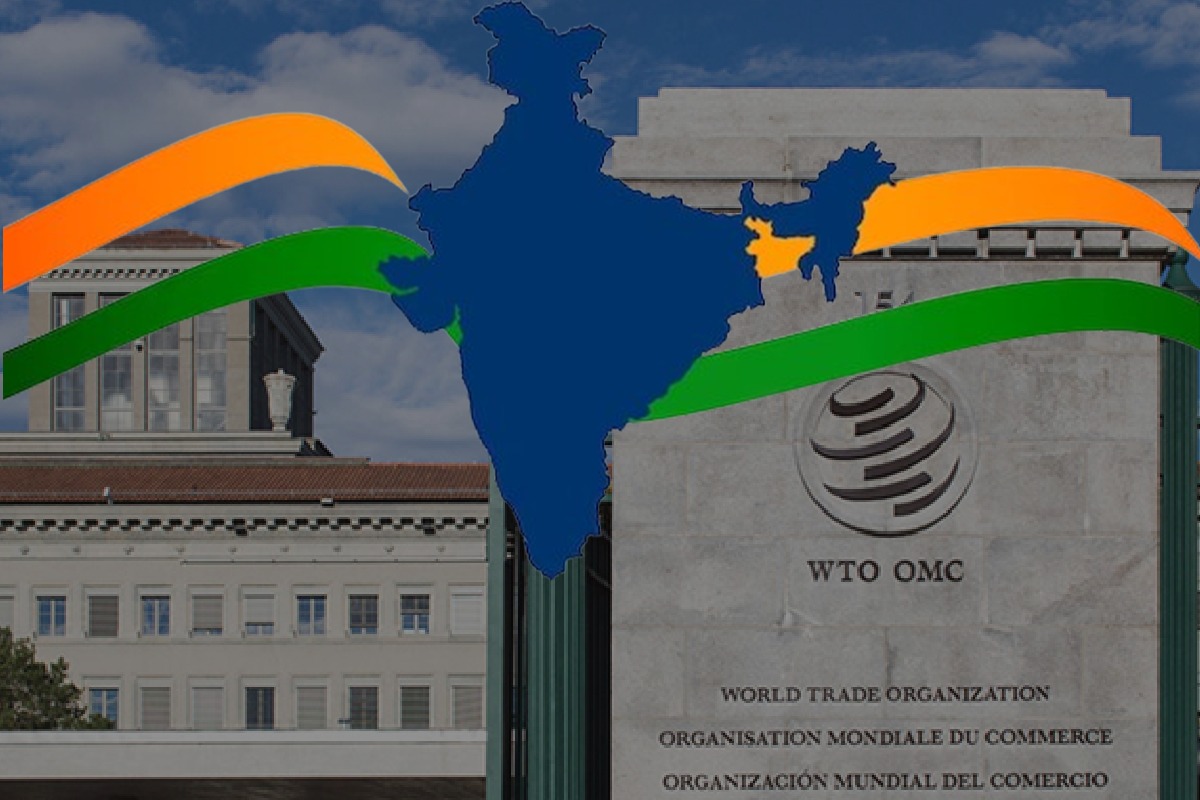As India gears up for the 13th Ministerial Conference (MC-13) of the World Trade Organisation (WTO), its stance on critical trade issues reflects a pragmatic and principled approach. Scheduled in Abu Dhabi from February 26-29, the conference presents a platform for deliberation on various trade matters, ranging from agriculture to e-commerce and dispute settlement. Amidst pressure from developed nations to discuss non-trade issues like environment, labour, and gender, India’s firm stance prioritizes developmental concerns and market access.
India’s position on WTO matters is grounded in the interests and concerns of developing countries, constituting the majority of WTO members. While committed to environmental sustainability, labour reforms, and gender empowerment, India firmly believes these issues should be addressed in global forums like the United Nations, separate from trade discussions. Rejecting attempts by developed nations to link these issues with trade, India emphasizes the importance of not using them as a pretext for imposing trade barriers on developing nations, which could impede their growth prospects.
Furthermore, India’s stance aligns with the fundamental principles of the WTO, promoting free and fair trade among its members. As a founding member, India has been an active advocate for a balanced outcome of the Doha Development Agenda, aiming to address the trade-related needs and challenges of developing countries. Defending its legitimate rights under WTO rules, particularly concerning public stockholding for food security, India highlights the critical role of such measures in supporting millions of vulnerable farmers and consumers.
Moreover, India’s approach remains realistic and flexible, adapting to the evolving dynamics of global trade. While open to discussions on issues like farm subsidies and export restrictions, India insists on adherence to WTO rules and principles, ensuring the interests of developing countries are not compromised. Additionally, India is receptive to exploring new areas of trade cooperation, such as e-commerce and digital trade, provided they prioritize consensus and mutual benefit, addressing the digital divide and developmental needs of developing nations.
India’s stance on WTO issues strikes a balance between pragmatism and principle, advocating for inclusive and sustainable development within the multilateral trading system. As MC-13 approaches, India’s steadfast commitment to its developmental agenda sets a positive tone for constructive dialogue and collaboration on critical trade matters, fostering equitable outcomes for all WTO members.

